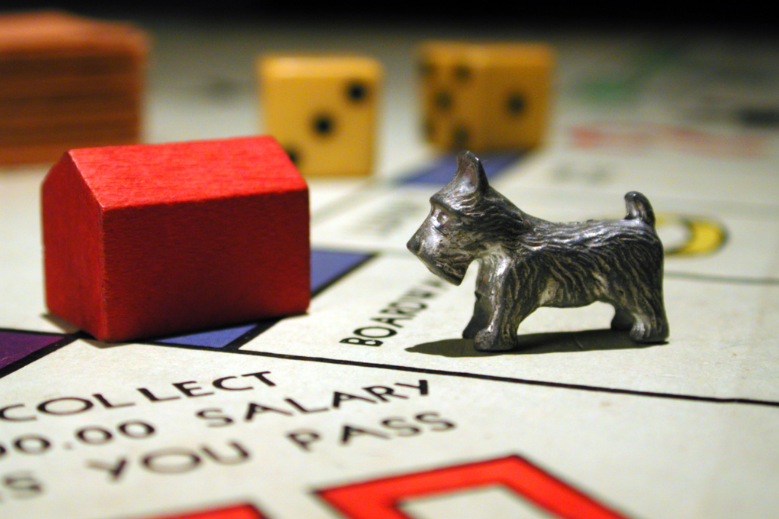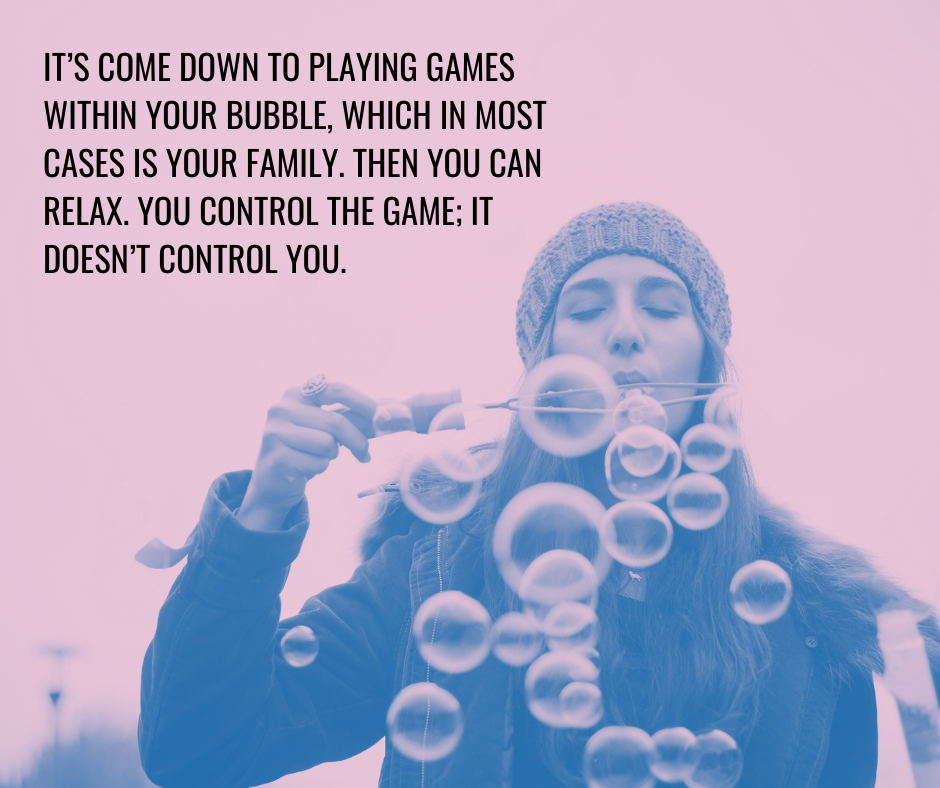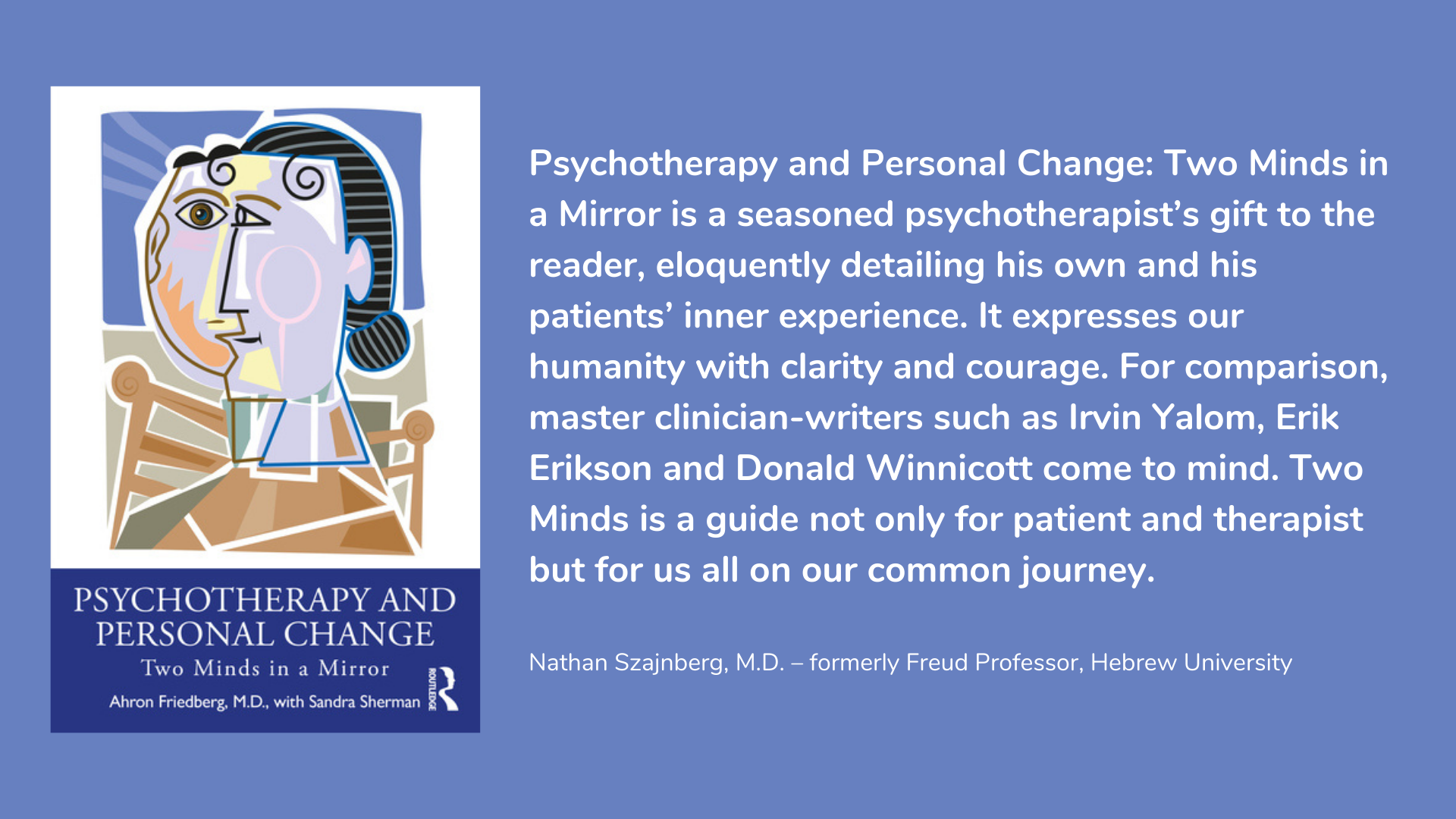Play and the Pandemic
Essential Learning Comes Through Play
One feature of the pandemic is that it’s knocked us back to the 20th century, even as it accelerates developments that have remade the 21st. Thus, if we’re Zooming and Skyping like a planet full of futurists, we’re playing Monopoly again. And Scrabble. Rubik’s Cubes are in short supply. We’ve rediscovered games. We’re playing like we used to—which is to say we’re doing stuff that doesn’t change the world, but that takes up time and makes us happy.
It’s not that there aren’t 21st-century games. But somehow, maybe because they’re so involved with technology, they don’t feel like games. They feel more like the real world on speed, or on some mission to subdue a civilization that would like to replace us. You can disappear into these games, of course, but they’re so consuming that you have to remind yourself that you can still return. They’re maybe a little too trippy for when you’re already bummed out on bad news.
So, the pandemic has made us appreciate nice, safe games that let you play at your own pace while perhaps even talking with someone. In a way, we want pure, distilled distraction with an option to put down the dice and walk away when we feel like. Nothing with proto-existential crises that, because they’re so real, are a little too real for comfort.
OK, so why? I think I know. The pandemic is already like some uncanny version of a video game that’s so totally, perversely, surreally absorbing that you can’t see your way beyond it. It’s like wherever you turn, there’s the pandemic. No walking away. It might as well be Dead Space 2 or Resident Evil 7: Biohazard—so believable and in your face that you wonder, “Where is this leading? Will I get out alive?” In contradistinction to the pandemic, we want games that allow us maximum discretion. No commitment required.
The problem is that even while we crave the experience of uncomplicated play, there are fewer people who can join us. We can just invite someone over for bridge or backgammon. We could play online, of course, but then you can’t just break for pizza or stop everything to talk about the people you didn’t invite. Online play is inevitably more structured; it's often timed; it’s invariably all about the game with no time for hanging out. So why bother?
The issue for kids, however, is recruitment: How do they get parents involved, and maybe snarky siblings? Everyone’s on a different schedule, even amidst the pandemic. Everyone’s maybe willing to play, but they want to play something else. In the end, one kid’s desire for play—for pure, happy distraction from online school and universal worry—can become a source of frustration and lead to family fights ... and the worst way to fight the pandemic blues.
Of course, if a kid is resourceful, he or she can play by themselves. LEGO, maybe, or all the new brain games “for one” available on Amazon (heard of “Cat Crimes Brain Game and Brainteaser for Boys and Girls Age 8 and Up”?). Down the line toward tradition, there are always jigsaw puzzles, dolls, and coloring books. But wait. Like most things in life, play is more fun when it’s shared. When we strike up a game together, it’s an antidote to loneliness, and to all the dark preoccupations that taunt us when we play games to avoid them. Coloring can feel like a boring second-class substitute for the real make-believe.
I was reminded of kids’ need to play—with somebody—when I spoke with my patient Rachel. Rachel is in middle school, which she currently attends remotely. She’s doing fine, but desperately misses her friends, the chess team, and cheer-leading (no, brain games and organized screaming are not mutually exclusive, at least for a kid who aspires to be a political organizer like her unlikely idol, Emma Goldman). When we spoke last week, Rachel showed me a photo of the castle she’d constructed from LEGO blocks, but then she began to tear up. “Nobody lives in that castle but the Lady of Shalott,” she said, referring to the famous, pining recluse (they’re reading Tennyson’s eponymous poem in English class). Rachel needed someone to share her fantasies.
We tend to think of fantasies as exceptionally private phenomena. But that’s just the point, i.e. it’s thrilling to share fantasies with someone we trust. It’s like extending our private world into new, uncharted realms, while still keeping it private—sort of a conspiracy of the imagination. Rachel said that while LEGOs, puzzles, and even her decorator house provided useful distractions, she needed some of the buzz of other people. Without that, she felt too exposed, vulnerable to all the bad stuff that was out there: The virus, of course, but also the nasty politics and the drought in New England, where her parents had a second home. “Before it all burns down and blows away, I’d like to escape into maybe ... Parcheesi?”
Actually, Rachel had asked her mother to join her in building the LEGO castle, or maybe even in redecorating the decorator house. But she wasn’t interested. She felt that Rachel should “act her age” and read books.“ You can never read enough books,” she said. “I’ve bought you all the Harry Potters.” She’d also bought To Kill a Mockingbird and Good Night Stories for Rebel Girls (in honor of Rachel’s fixation on Emma Goldman), and The Perks of Being a Wallflower. Rachel’s mother meant well. But she didn’t hear what Rachel was asking for. Rachel needed to share her fantasies. She needed to play, so to speak, with someone she loved and trusted. She couldn’t possibly ask her brother Simon, who was five years younger and into electric trains.
We talked about what play meant to Rachel. It meant a lot: escape, but also a kind of practice for handling tough situations. “When you play with someone, spontaneously, you make it up as you go along. It’s kind of give and take, like life.” Rachel was nothing if not precocious. She understood, at a conscious level, what most people understand instinctively—that play has social and emotional benefits. It promotes skills like problem-solving, collaboration, and innovation. You learn how to learn. It’s probably no coincidence that the President of LEGO Education, Esben Staerk Joergensen, just wrote an in Scientific American on the benefits of play. He wants to sell LEGOs, of course, but for the right reasons.
There is actually an academic discipline devoted to the study of play and its role in cognitive/social development. We all need to play and, I’d argue, the need doesn’t diminish just because we’ve “aged out” of dodgeball and jump-rope in the schoolyard. Rachel’s mother had a monthly bridge game before the pandemic, and it was one of the social highlights of her routine.
So, I suggested that Rachel take a different tack with her mother. “Why don’t you explain that the pandemic has made ordinary play—with your friends, at your school—pretty impossible? Then explain that you have to fill up the quotient.” I thought that her mother, who is a CPA, would understand a numerical analogy, even if she didn’t quite get Rachel’s yearning to share. I also thought that Rachel could explain why her school encouraged play, i.e., it’s not just to burn off excess energy, but to get kids thinking in collaborative, innovative ways. I thought her mother would get that too.
In this period, when we’re threading our way past microscopic enemies, play (believe it or not!) enhances our skills. It’s not a waste of time. It could help save our life.
About The Author
Ahron Friedberg, M.D., is Clinical Professor of Psychiatry at Mount Sinai Icahn School of Medicine, New York, and served twice as President of the American Society of Psychoanalytic Physicians. He is Editor of American Academy of Psychodynamic Psychiatry and Psychoanalysis Forum, Book Editor of Psychodynamic Psychiatry.
Essential Reading
www.all-about-psychology.com/psychotherapy-and-personal-change.html



New! Comments
Have your say about what you just read! Leave me a comment in the box below.